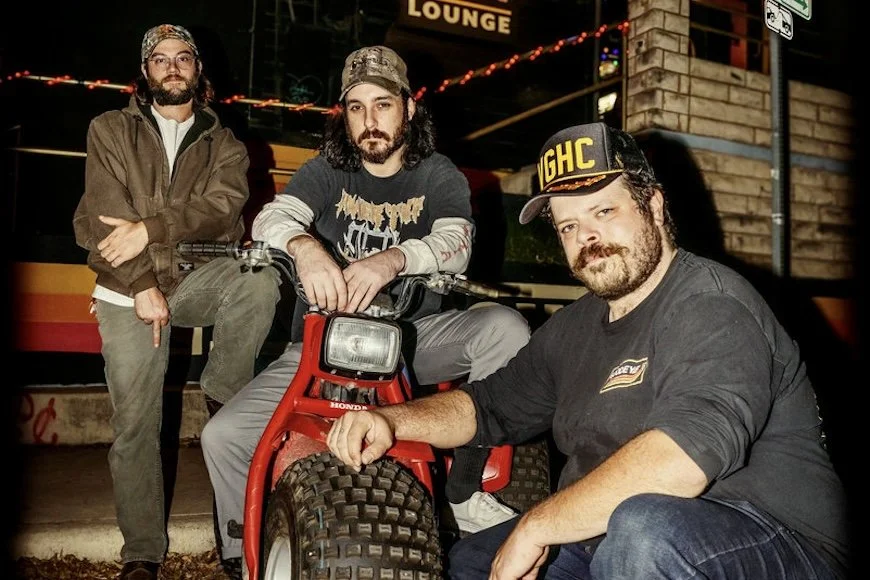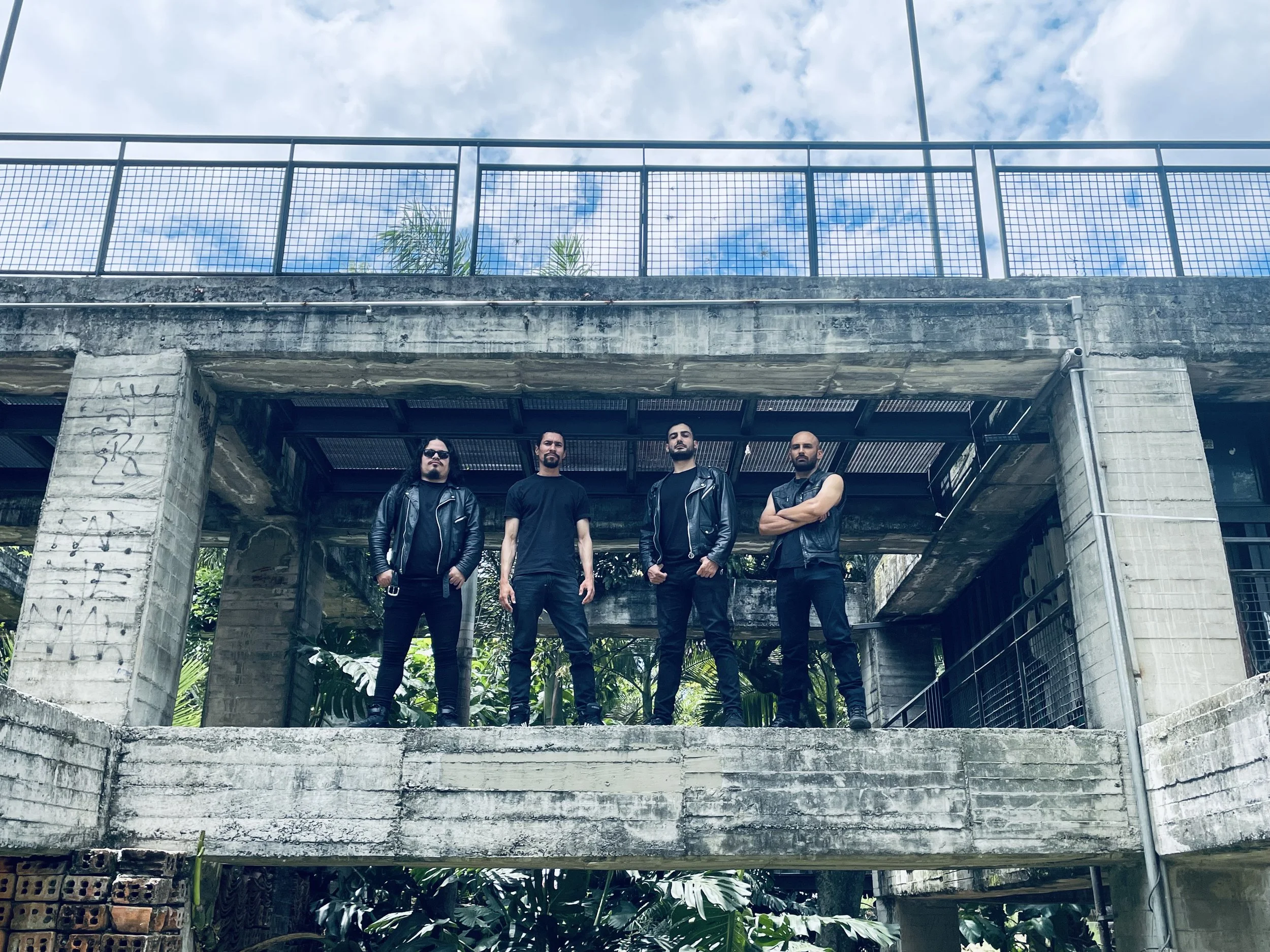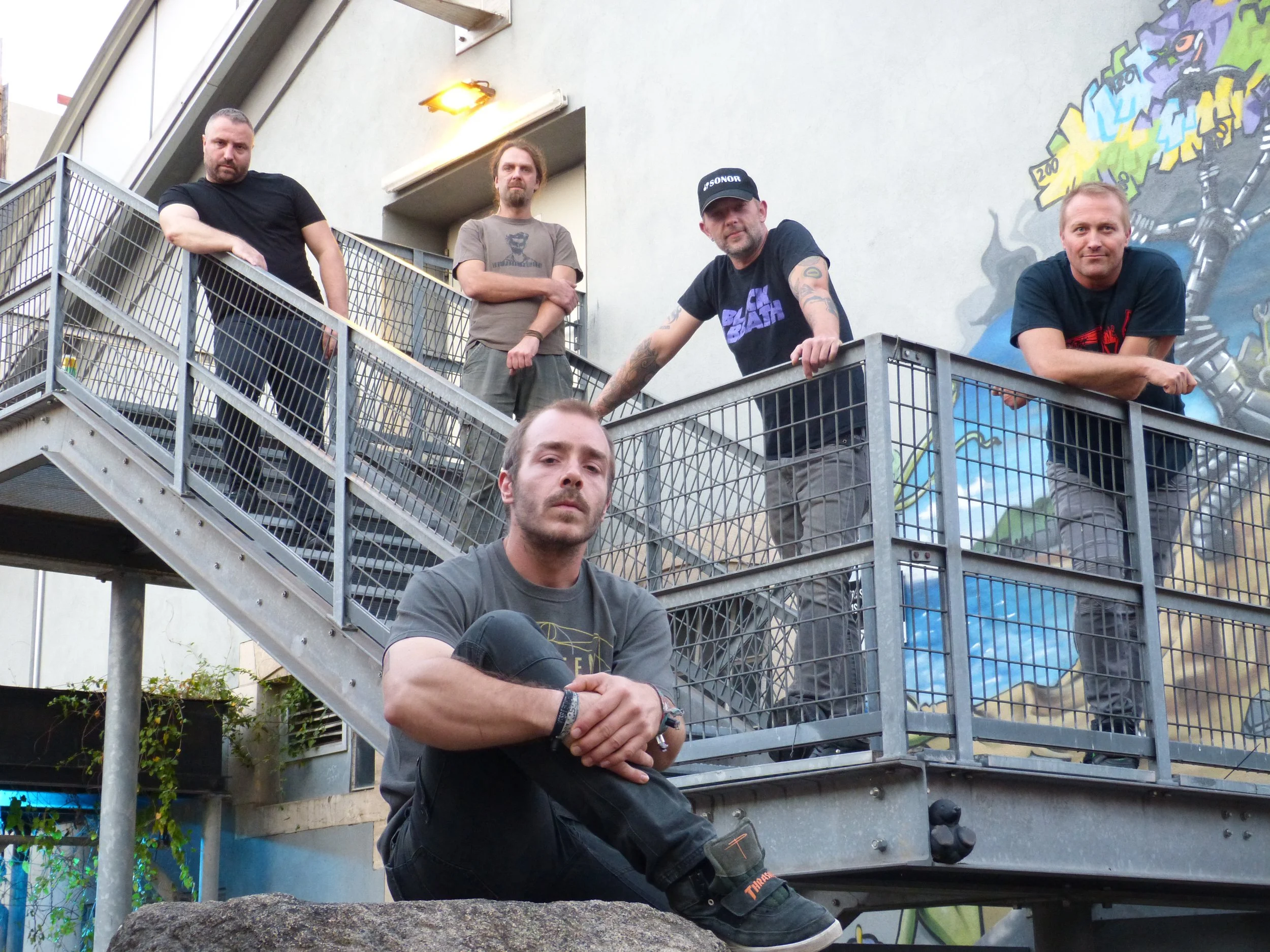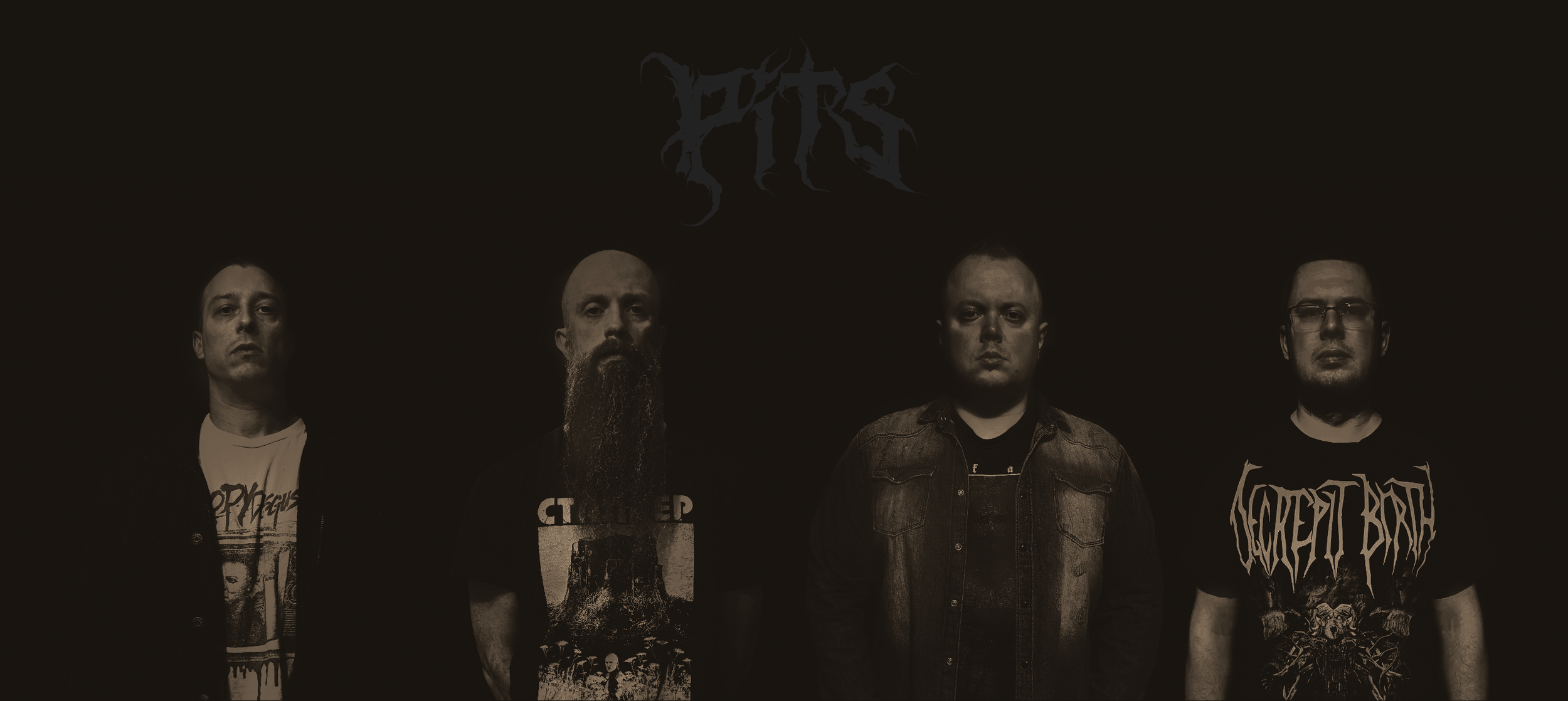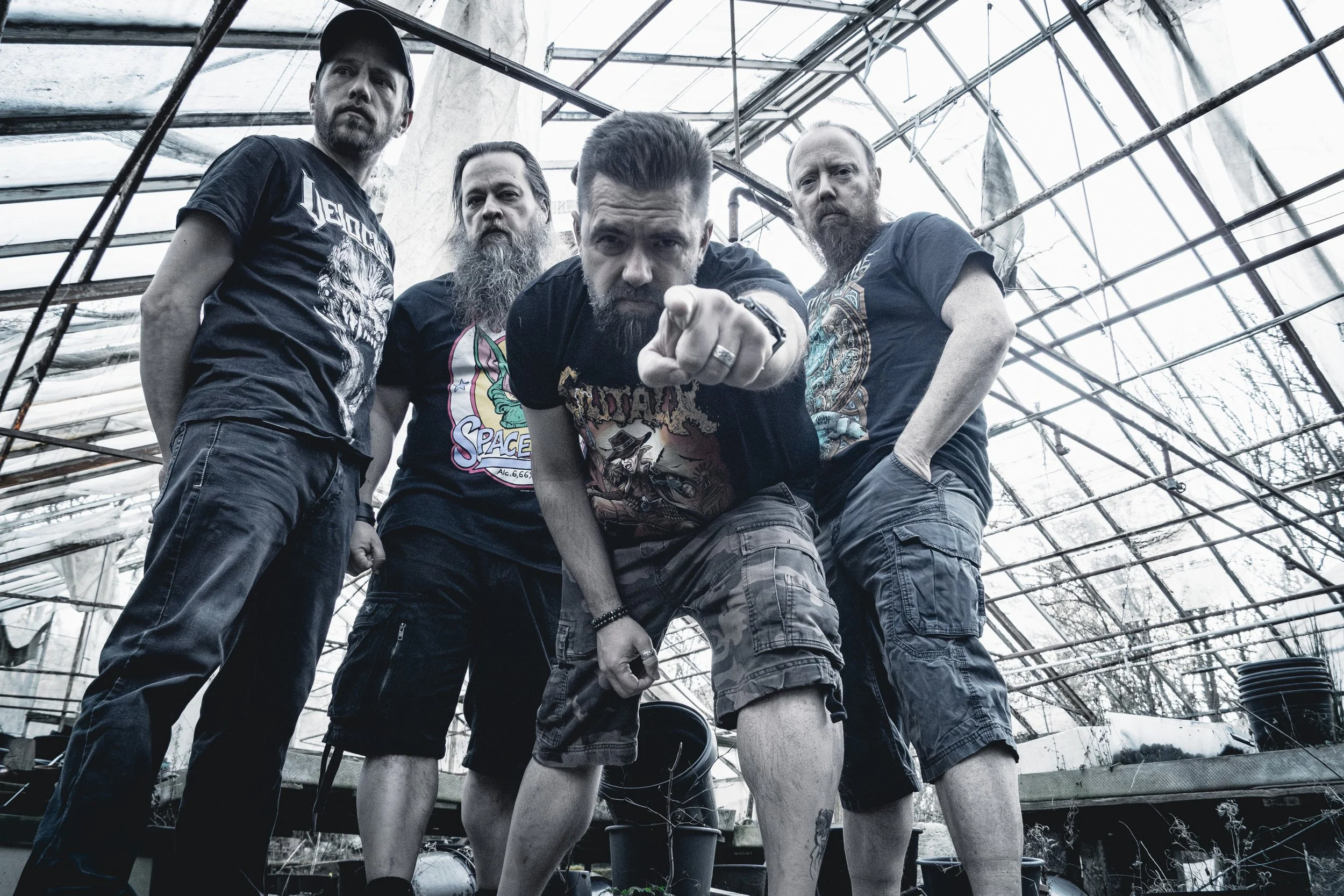Christine Greyson
Christine Greyson
Read More
Christine Greyson
Christine Greyson
Read More
Christine Greyson
Christine Greyson
Read More
Christine Greyson
Christine Greyson
Read More
Christine Greyson
Christine Greyson
Read More
Christine Greyson
Christine Greyson
Read More
Christine Greyson
Christine Greyson
Read More
Christine Greyson
Christine Greyson
Read More
Elevar Staff
Elevar Staff
Read More

